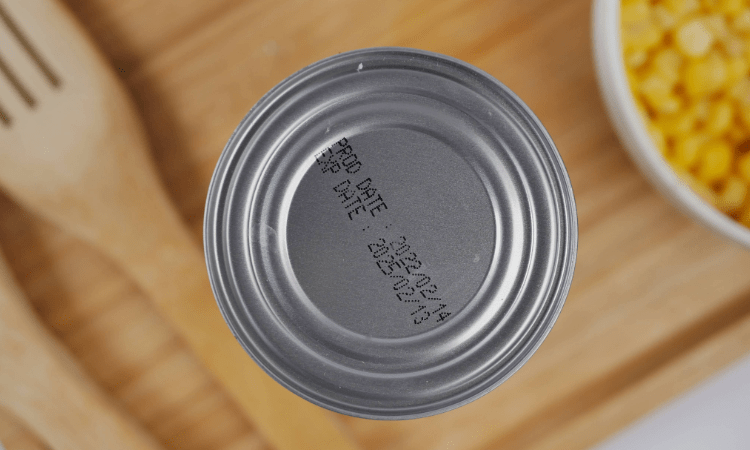Preventing Food Poisoning in Turkey: The Role of Lab Testing
What is Food Poisoning?

Food safety is one of the cornerstones of a healthy society. Turkey, with its geographical location and rich culinary culture, has an important place in food production and consumption. However, foodborne diseases and poisoning are also common problems. At this point, laboratory testing plays a critical role in ensuring food safety. In particular, analyzes of pesticide residues, natamycin and other additives are vital in protecting public health.
What is Food Poisoning and Why Does It Happen?
Food poisoning is a health problem caused by the consumption of contaminated food or beverages. The most common causes of food poisoning in Turkey are as follows:
- Bacteria and Viruses: Microorganisms such as Salmonella, E. coli and Listeria can cause foodborne infections.
- Pesticide Residues: Chemical pesticides used in agricultural products that remain on food can harm health.
- Additives: Some additives added to foods to add durability and shelf life can pose a risk when used incorrectly.
- Lack of Hygiene: Failure to comply with hygiene rules during food processing and storage prepares the ground for the proliferation of microorganisms.
Importance of Laboratory Tests
Laboratory tests protect consumers from potential risks by analyzing the safety and quality of food. The main laboratory tests applied in Turkey are as follows:
- Pesticide Residue Analysis: Pesticides used in agricultural production can leave residues in food products. World Health Organization (WHO) and European Union standards require pesticides to be within safe limits. Thanks to laboratory tests, the rate of these residues is measured and harmful effects on human health are prevented.
- Natamycin Analysis: Natamycin is a preservative used especially in milk and dairy products. However, misuse or overuse of this substance can lead to health problems. Laboratories protect consumers by testing whether natamycin is within safe limits.
- Additive and Preservative Analysis: Preservatives and additives used in prepared foods must comply with certain standards. Laboratory tests verify that these substances are used in accordance with the limits.
- Microbiological Analyses: Tests that measure the level of microorganisms in food products minimize potential infection risks. The presence of pathogens such as Salmonella, E. coli is detected by these analyzes.
Laboratory Tests and Food Safety in Turkey
Turkey has taken important steps in food safety in recent years. The inspection mechanisms of the Ministry of Food, Agriculture and Livestock and the contributions of private laboratories play a major role in reducing foodborne risks. Laboratories such as Nano Lab, specializing in pesticide residue analysis and additive testing, are pioneers in providing consumers with safe food.
Advice for Consumers to Ensure Food Safety
As important as laboratory tests are, it is also important for individuals to be informed consumers. Here are a few suggestions:
- Read the label information carefully when buying food.
- Prefer organic certified products.
- Do not consume raw foods without washing them thoroughly.
- Buy products from trusted brands.
Nanolab Laboratories Group continues to provide services within the scope of Food Analysis. We also provide services on Shelf Life Studies in Foods.
Contact us for more information.
You can follow us on LinkedIn for up-to-date news and posts about our services.
Follow our Instagram account to be informed about our latest blog posts.

